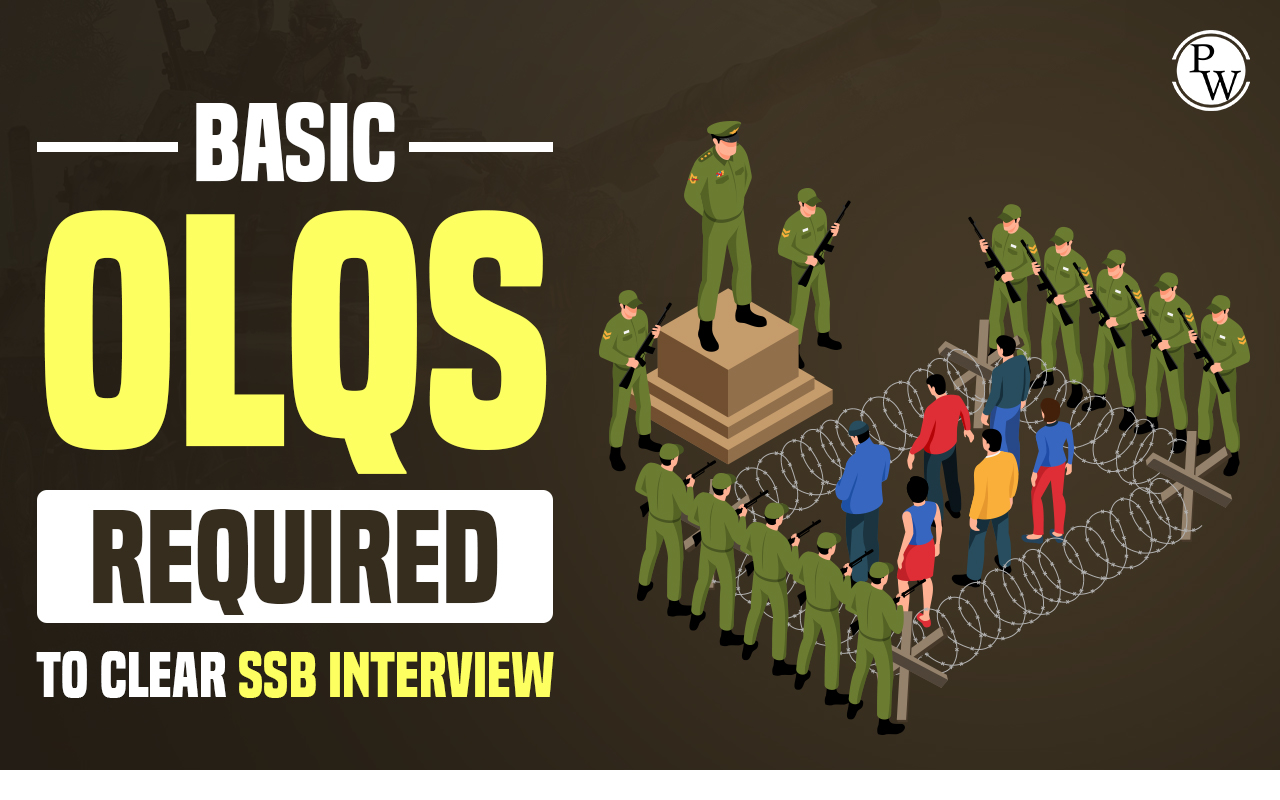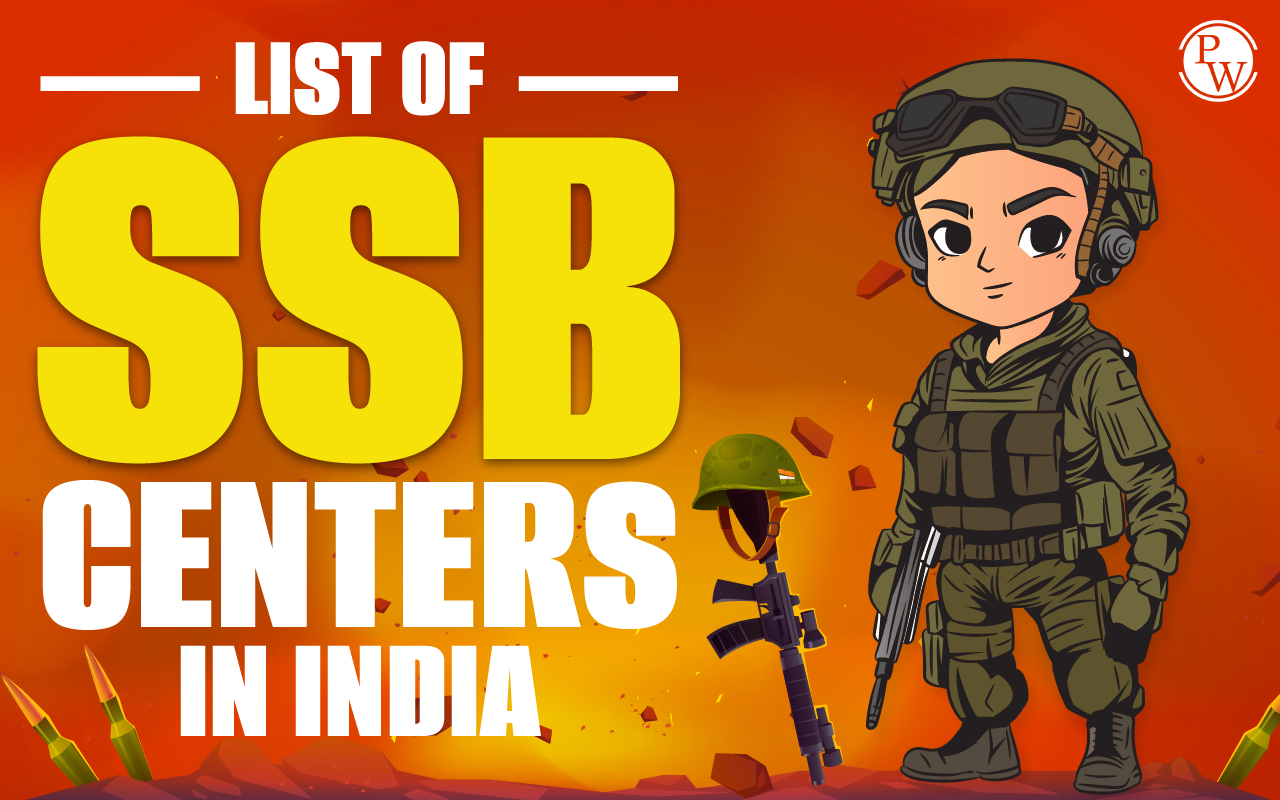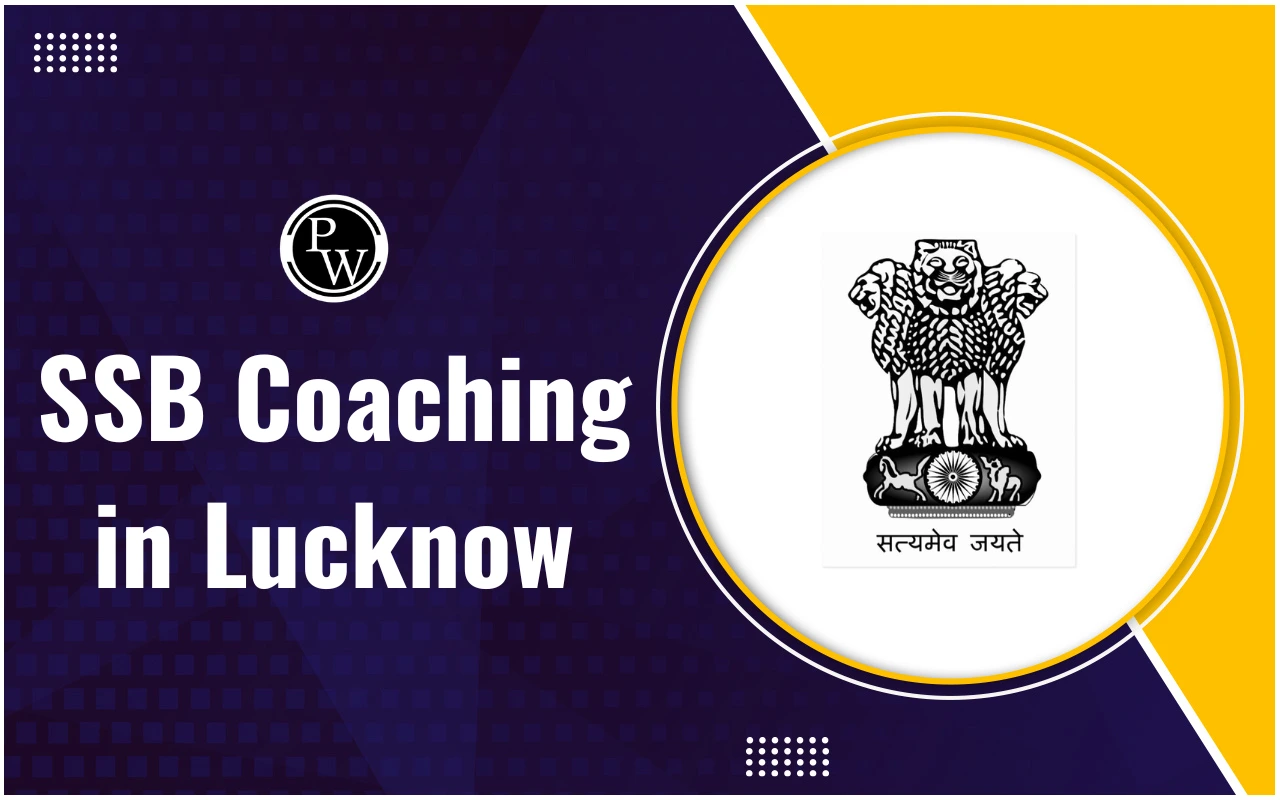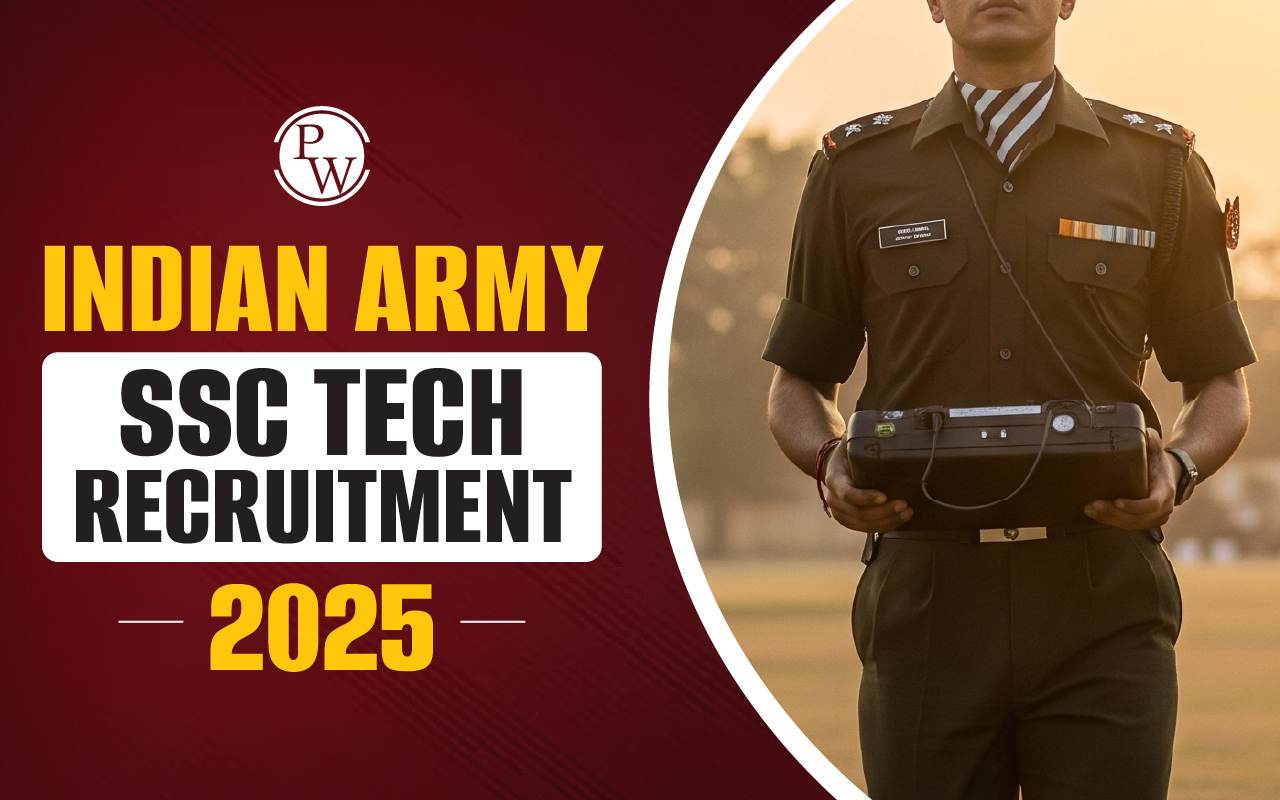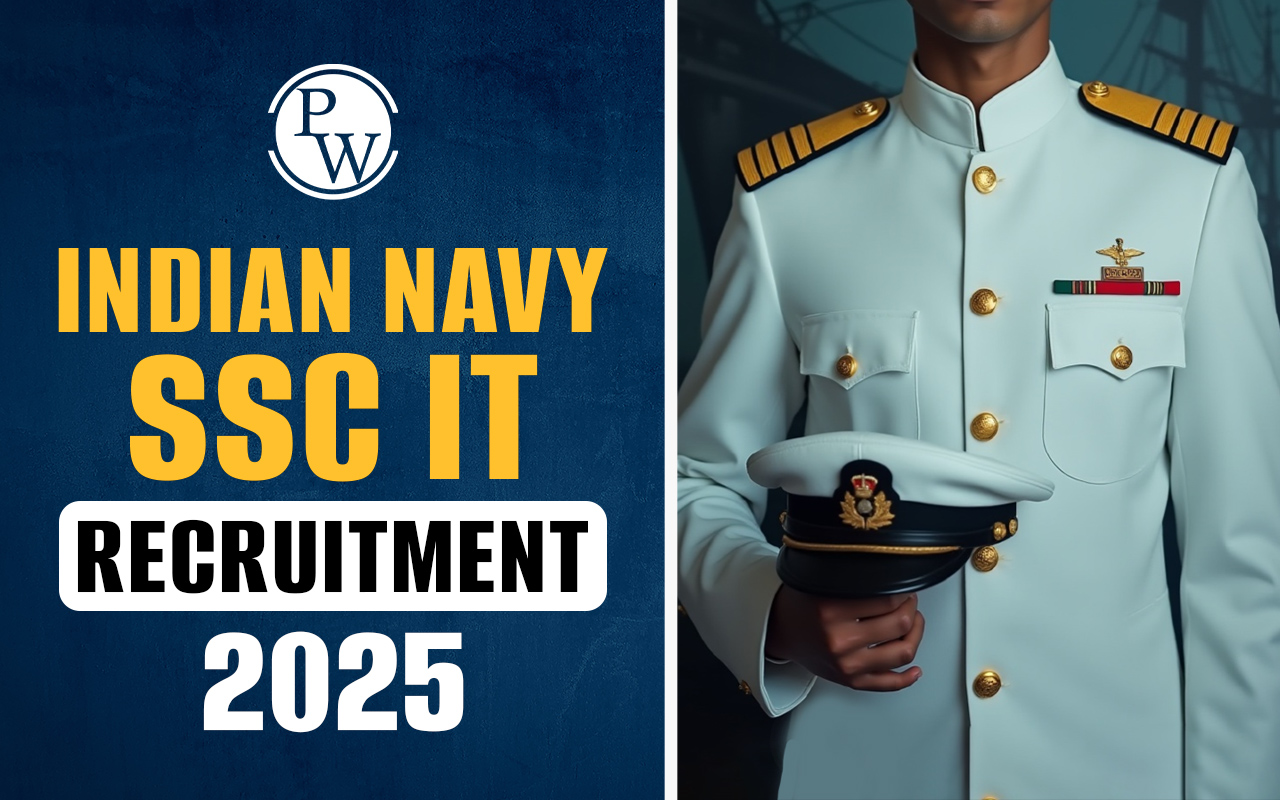
Basic OLQs required to clear SSB Interview: The Service Selection Board (SSB) Interview is a thorough assessment that aspiring candidates must pass to join the Indian Armed Forces. It is not just a test of academic knowledge or physical prowess but a comprehensive evaluation of a candidate's Officer-Like Qualities (OLQs).
These OLQs are the fundamental attributes that define an individual's potential to become a leader in the Indian Army, Indian Air Force, or Indian Navy. In this article, we will look into the basic OLQs required to clear the SSB Interview and embark on a remarkable service journey to the nation.To crack the SSB interview, candidates must focus on developing the right OLQs for SSB success as these reflect leadership potential and suitability for the armed forces.
Officer Like Qualities for SSB
Before we look into the OLQs, let's understand the SSB Interview and why it holds such significance. The SSB Interview is the second stage of the selection process for officers in the Indian Armed Forces. It follows a written examination and aims to assess a candidate's potential to become a leader. The officer qualities for Indian Defence exams are assessed through various tasks, group discussions, and personal interviews.
The interview process, conducted by the SSB, is not a mere assessment of knowledge or ac ademic achievements. It's a holistic evaluation of a candidate's personality, character, and potential to lead in challenging situations. The SSB Interview lasts for five days and includes various tests, group activities, and individual assessments.
15 Officer Like Qualities for SSB
OLQs, or Officer-Like Qualities, are the core attributes that define a candidate's potential as an officer in the armed forces. A well-structured OLQs list for SSB interview includes qualities like effective intelligence, reasoning ability, courage, self-confidence, and social adaptability. These qualities are not innate but can be developed and honed over time. Here are some of the basic OLQs that candidates need to possess to clear the SSB Interview successfully:
1. Effective Intelligence:
Effective intelligence is the cornerstone of leadership. It goes beyond traditional IQ and demands practical and logical thinking, quick decision-making, and problem-solving abilities. Candidates are tested on their ability to analyze complex situations, make sound judgments, and come up with innovative solutions, even under intense pressure.
2. Reasoning Ability:
Armed forces officers often find themselves in complex and changing situations that demand rational thinking and resourcefulness. Candidates should showcase their ability to reason, deduce, and find practical solutions to challenging problems. A sharp and analytical mind is a valuable asset.
3. Organizing Ability:
Leaders must be organized and efficient. Candidates are assessed on their ability to manage their time, resources, and tasks effectively. Attention to detail is a crucial aspect of organizing ability, ensuring that nothing is overlooked in critical situations.
4. Power of Expression:
Effective communication is vital for leadership. Candidates must be able to express their thoughts, ideas, and instructions clearly and confidently. The ability to convey information concisely and persuasively is highly valued.
5. Social Adaptability:
In the armed forces, personnel operate in various environments and interact with people from different backgrounds. Candidates should demonstrate the ability to adapt socially, build strong relationships with colleagues, and work smoothly as part of a team. Flexibility and cultural sensitivity are essential.
6. Cooperation and Sense of Responsibility:
Leadership is inherently linked to teamwork and responsibility. Candidates are expected to show a strong sense of responsibility towards their team members and the tasks assigned to them. The ability to collaborate harmoniously is key to mission success.
7. Initiative:
Proactiveness and the ability to take the initiative are highly valued in the armed forces. Candidates should exhibit leadership qualities by being self-starters, taking charge when necessary, and inspiring others to follow their lead.
8. Self-Confidence:
Confidence is the bedrock of leadership. Candidates should display self-assuredness without coming across as arrogant. This quality instills trust among team members and fosters a sense of security in challenging situations.
9. Courage:
Physical courage is vital, but moral courage is equally important. Candidates should be willing to stand up for what is right, even in challenging situations where doing so may be difficult. Moral strength is a defining characteristic of a leader.
10. Determination and Perseverance:
The armed forces frequently encounter adversity and daunting challenges. Candidates should demonstrate determination and resilience in the face of obstacles, never giving up easily. The ability to overcome setbacks is a testament to one's leadership potential.
11. Sense of Duty:
The armed forces operate on a strong sense of duty towards the nation and its citizens. Candidates should have a deep commitment to their duty and responsibilities, placing the interests of the nation above their own.
12. Adaptability and Open-Mindedness:
The armed forces operate in dynamic and ever-changing environments. Candidates must show adaptability and an open-minded approach to new challenges, ideas, and strategies. Being receptive to change is crucial.
13. Empathy:
Understanding and empathizing with the needs and concerns of fellow team members and subordinates is a crucial aspect of leadership. The ability to connect with others on an emotional level builds trust and camaraderie.
14. Sense of Honor and Integrity:
Loyalty to the nation and the organization, coupled with unwavering integrity, is a fundamental requirement for officers. Candidates should uphold the highest ethical standards, even in the face of temptation or adversity.
15. Sense of Sacrifice:
The armed forces require individuals who are willing to make sacrifices for the greater good. Candidates should possess a sense of sacrifice, be it personal comfort, safety, or even life itself when the situation demands it.
Also, Check -How to Develop Officer Like Qualities
Aspirants can enhance their preparation by following practical Officer Like Qualities preparation tips such as engaging in group activities, improving communication skills, staying disciplined, and practicing mock interviews to refine their personality and leadership traits. These essential OLQs for Army/Navy/Air Force are not just tested in isolation but through real-time performance in different situations.
It's essential to understand that OLQs can be developed and refined over time with dedication and effort. Candidates can actively work on these qualities to enhance their leadership potential. Here are some practical steps to develop these fundamental OLQs:
1. Self-Assessment:
Begin by conducting a thorough self-assessment. Reflect on your strengths and areas that require improvement regarding OLQs. Seek feedback from mentors, teachers, and peers to gain valuable insights into your personality.
2. Reading and Knowledge:
Widen your knowledge base by reading newspapers, magazines, and books on a variety of topics. This not only enhances your effective intelligence but also helps you stay informed about current affairs and world events.
3. Group Activities:
Engage in group activities and team sports to improve your teamwork, cooperation, and leadership skills. Participation in such activities helps you understand group dynamics and fosters a spirit of camaraderie.
4. Mock Interviews:
Participate in mock SSB Interviews conducted by experienced mentors or coaching institutes. These practice sessions help you gain confidence, improve your communication skills, and receive constructive feedback.
5. Communication Skills:
Work on your verbal and non-verbal communication skills. Practice speaking clearly and confidently in front of others. Join public speaking clubs or engage in debates to enhance your expression abilities.
6. Resilience Building:
Cultivate determination and perseverance by taking on challenges and not giving up easily. Embrace difficulties as opportunities for growth and learning.
7. Seek Guidance:
Consider joining a coaching institute or seeking guidance from experienced mentors who can provide valuable insights into the SSB Interview process. They can help you prepare effectively and offer personalized feedback.
In conclusion, mastering the basic OLQs is the first step toward clearing the SSB Interview and fulfilling your dream of serving the nation in the Indian Army, Indian Air Force, or Indian Navy. These qualities form the foundation of leadership and are integral to success in the armed forces. Through continuous self-improvement and dedicated effort, aspiring candidates can develop these attributes and embark on a remarkable journey of honor and service.
Basic OLQs required to clear SSB Interview FAQs
Q1. What are OLQs in the context of the SSB Interview?
Q2. Can OLQs be developed and improved for the SSB Interview?
Q3. Why are OLQs essential for officers in the Indian Army, Indian Air Force, and Indian Navy?
Q4. What are some examples of basic OLQs?
Q5. How can candidates prepare for the SSB Interview by focusing on OLQs?

